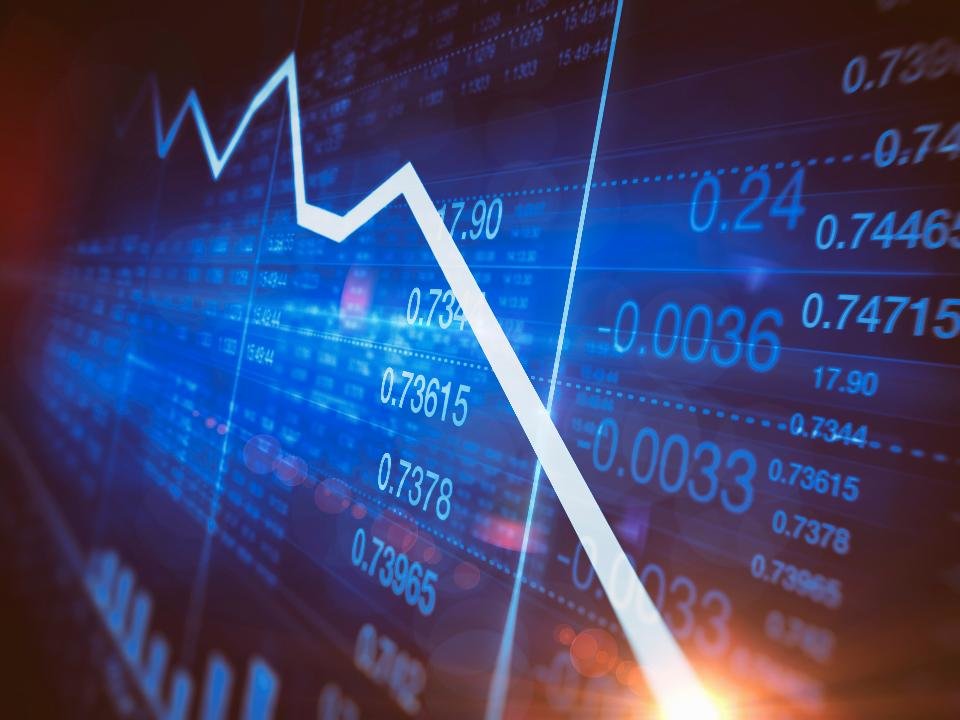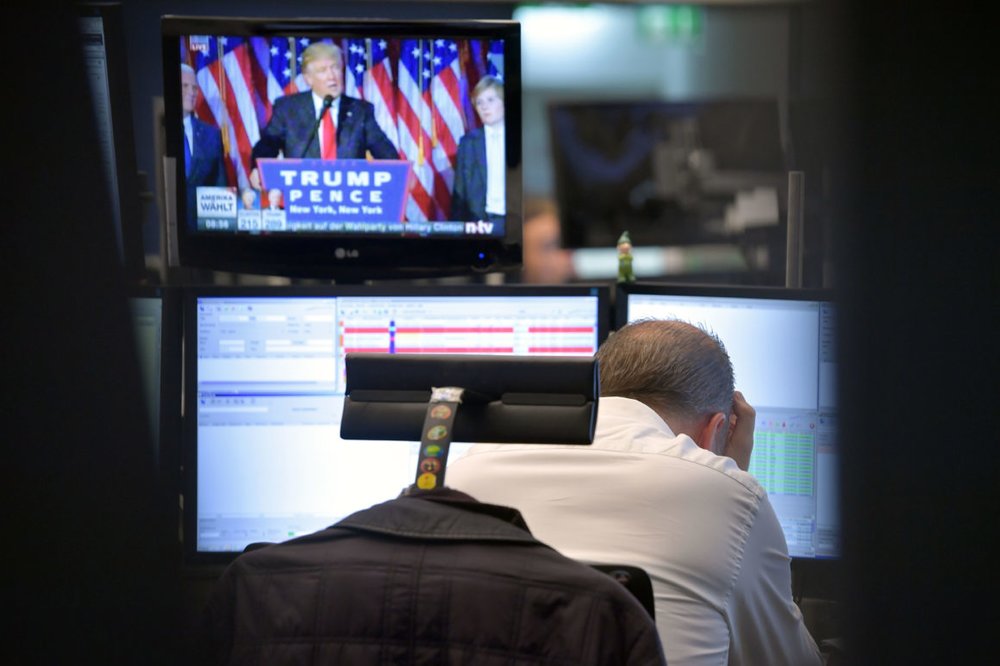The U.S. economy is the best it has been since the 2008 recession, and if the upward trend continues until the end of 2018, the economic growth is projected to increase by almost 3 percent in this year alone.
Average American salaries are also expected to grow by 3 percent in the next few months and unemployment rate, at 3.8%, is the lowest it has been in the past two decades. It’s painfully obvious that economy is humming, but why do experts and analysts predict a huge storm brewing on the horizon?

Current unemployment rate in the Unites States is the lowest it has been in the past two decades at 3.8%
Experts Fear a Nearing Recession
The Untied States is currently going through its second-longest economic expansion in the history, but according to many economists, the period won’t last for long. Many are already forecasting a recession within the next few months.
According to a recent survey by the National Association of Business Economics, more than half of the analysts predicted a recession starting next year or in 2020. Almost two-thirds of the economists foresee a sharp decline by the end of 2020.
Current facts and figures paint a perfect picture of the U.S. economy, then, why do economists predict a disaster in the near future? Things seem to going really well – a little too well, and that’s precisely the reason why many analysts seem alarmed.
The economic expansion has now entered its final stage, increasing the risk of bursting the bubble unfolding an all-too-familiar series of events: Inflation rises as unemployment falls, interest rates sore to keep the simmering economy under control – but not for long – the consumers and investors eventually pull back.
Tipping Point
When things are going too well, investors courageously overborrow and overspend but suddenly the economy begins oscillating out of control, tipping into a sudden recession. But from the past recessions, we have learned that there is always that one ingredient that brings about the tipping point.
In 1991, it was the shock from the oil price which became the downfall; in 2001, the dot com bubble crashed the stock market; whereas in 2007, the housing bubble led to overborrowing, which collapsed the banking system. So, what could be the big ingredient that could bring about the next recession? Here are a few possible scenarios.

A decrease in unemployment rate hikes up prices and interest rates which eventually forces consumers and investors to pull back, triggering a recession
Inflation and Increasing Asset Prices
Low unemployment rate and increasing wages are good for the economy, but the more disposable income we earn, the higher the inflation becomes. The current core inflation used by Federal Reserve is 1.8 percent, but it could easily increase above the 2% mark if the economic growth continues. Increased interest rates and inflation hikes up spending, mortgage payments and investment. High asset prices could also trigger a recession.
According to Thomson Reuters the current Standard and Poor’s 500 stocks are almost 19.6 times, higher that the standard average of 15.7, but much lower than the 28.9 during the 1999 bubble peak.
Global Trade Conflicts
The new tariffs on the import of steel and aluminum by Trump administration has sparked a trade war with other nations and countries are now preparing to retaliate by introducing their own tariffs on goods exported by the United States.
The biggest risk so far comes from Trump’s threat to impose $150 billion tariffs on Chinese goods that could trigger a retaliation from China. This tariff increase on imports and exports is bound to increase consumer prices and slow down trade, leading to an economic recession.
Higher energy prices
One of the most common triggers of recession ever since the World War II are increasing old prices. Crude oil prices have already hiked up to $65 per barrel this year from an average of $26 in 2016, according to Moody’s, but still not as high as $112 in 2014.
On the other hand, gasoline prices have decreased to $3 per gallon today from $4 in 2014. If conflicts with oil providers Saudi Arabia and Iran escalate, energy prices could become even higher, economists speculate.
Crises Overseas
Italy’s populist government has decided to introduce a minimum income for its citizens which bring back the country’s debt crisis, putting European banks and economy at a new risk. A crisis in Europe could hurt U.S. exports and global stocks, triggering a recession in several countries, including the United States.










